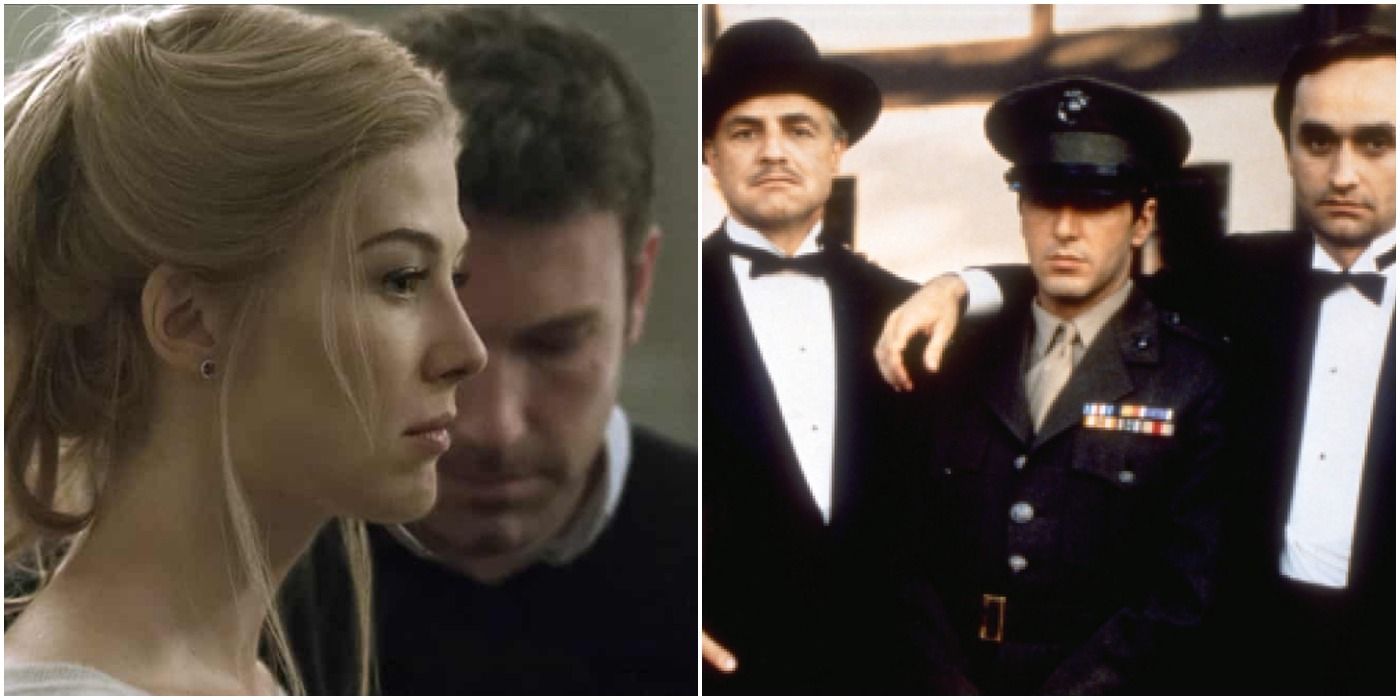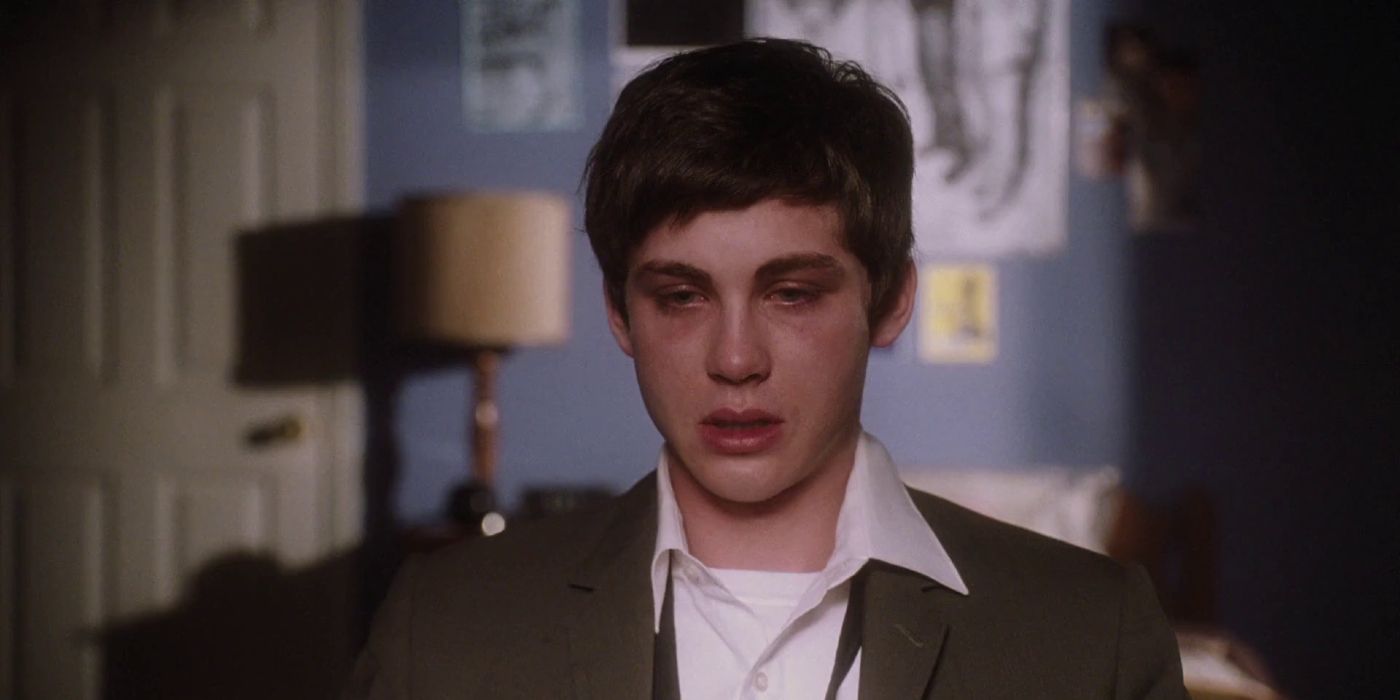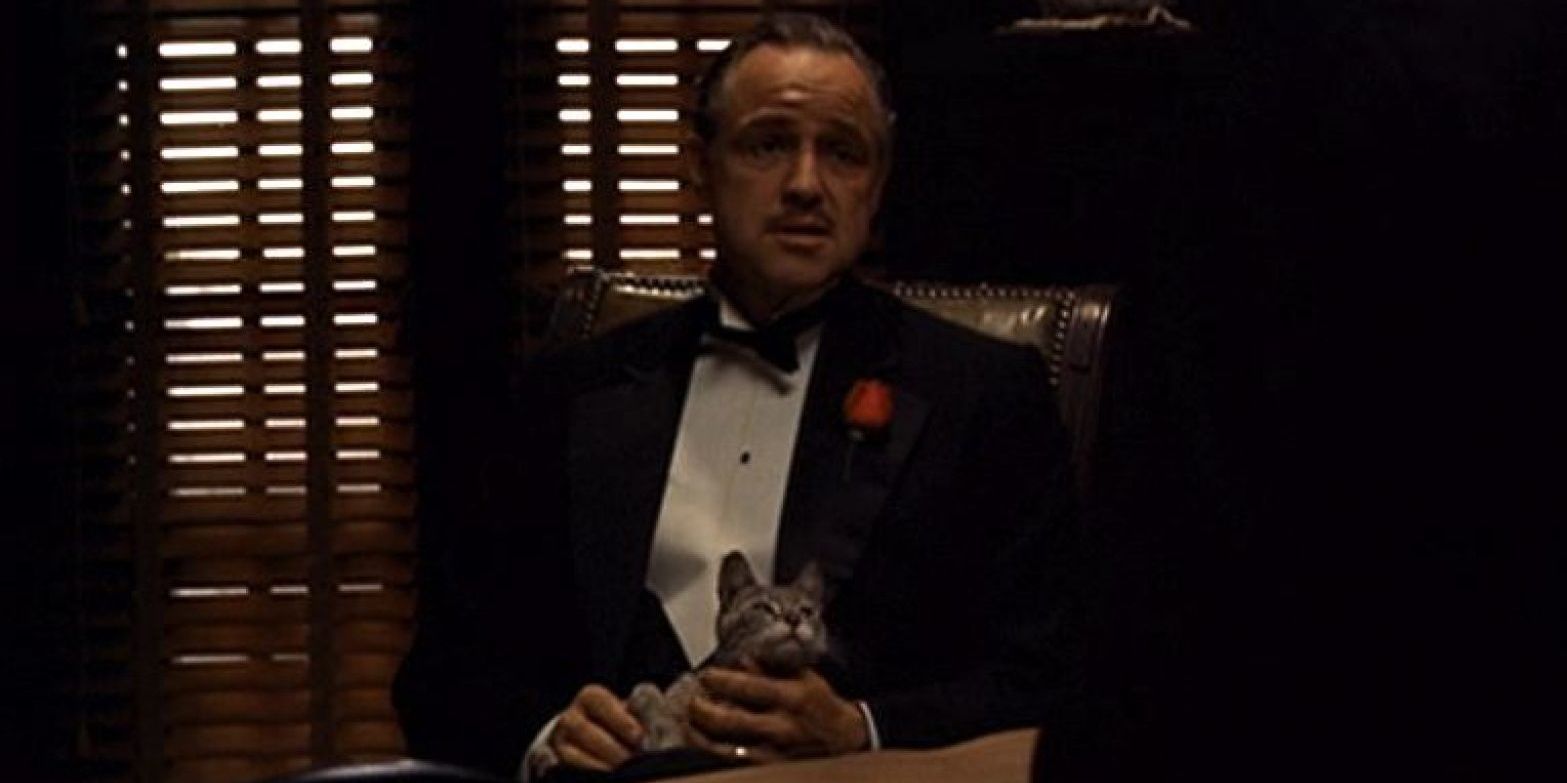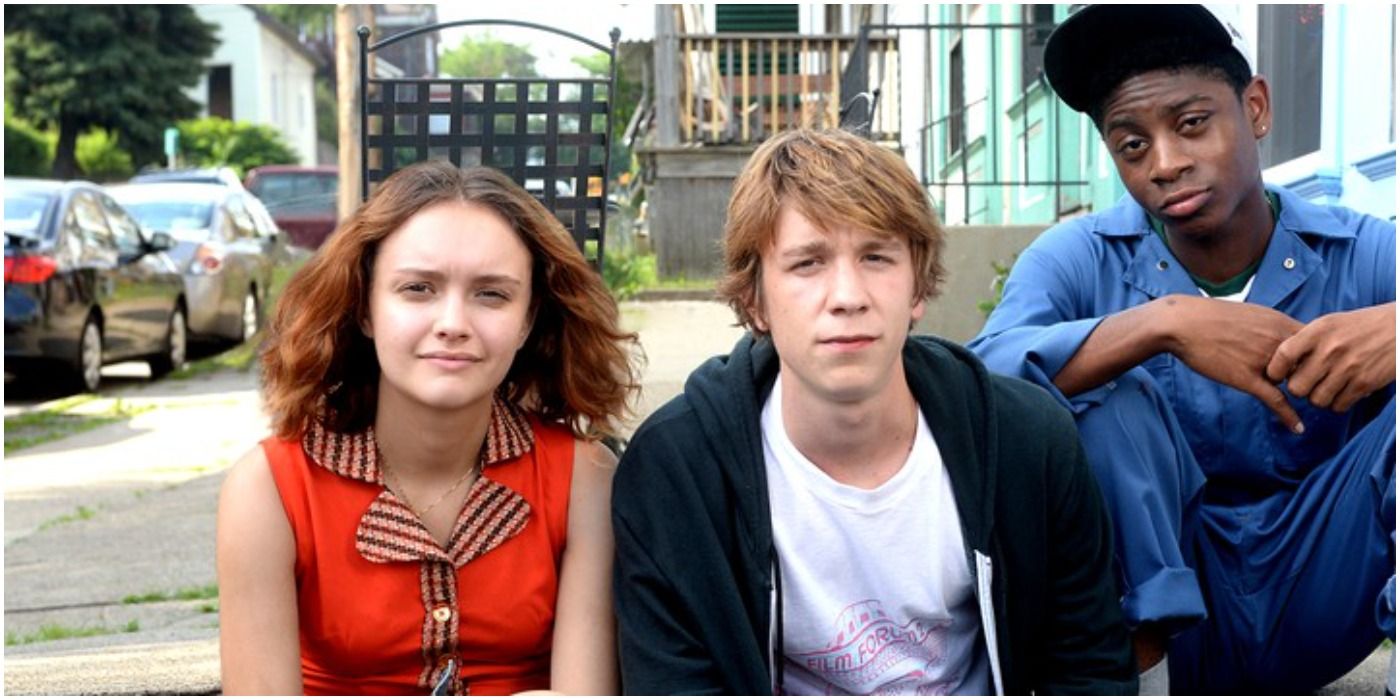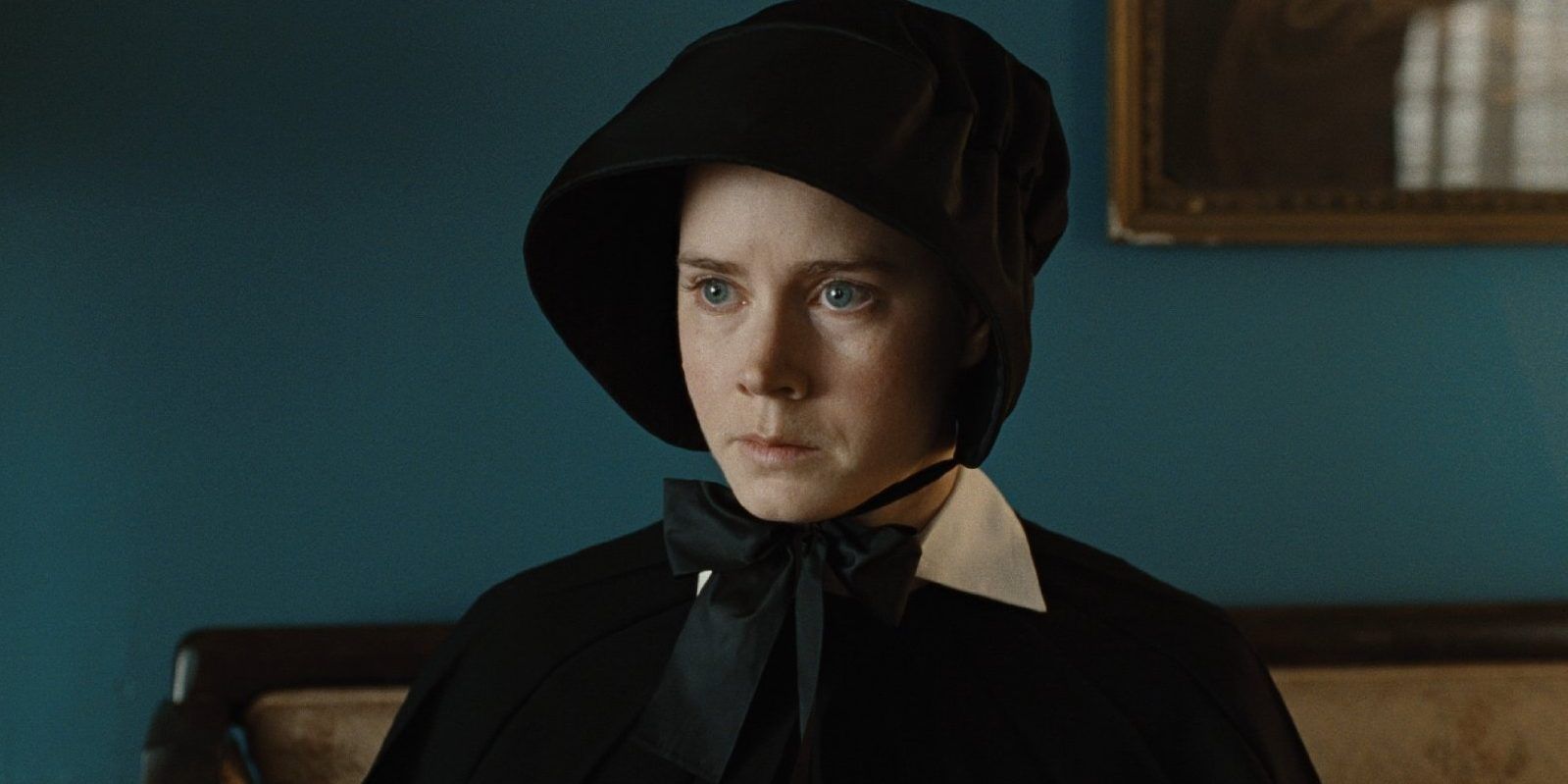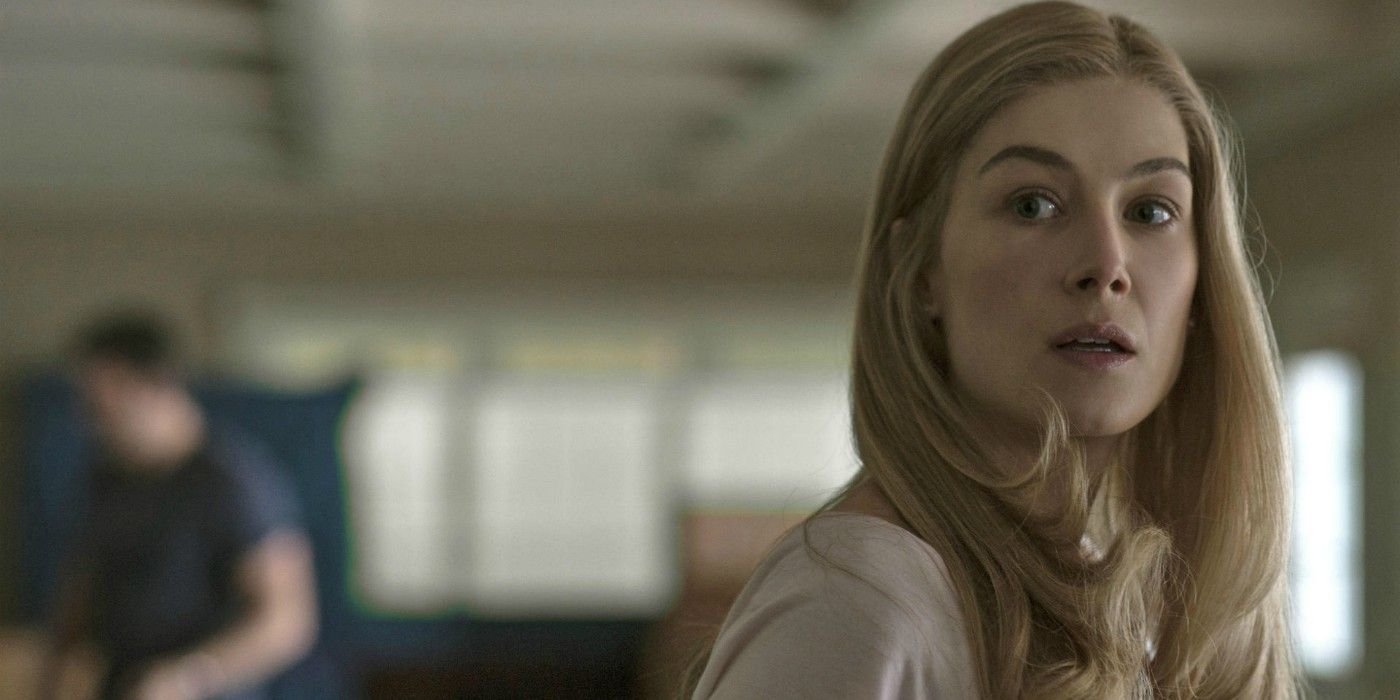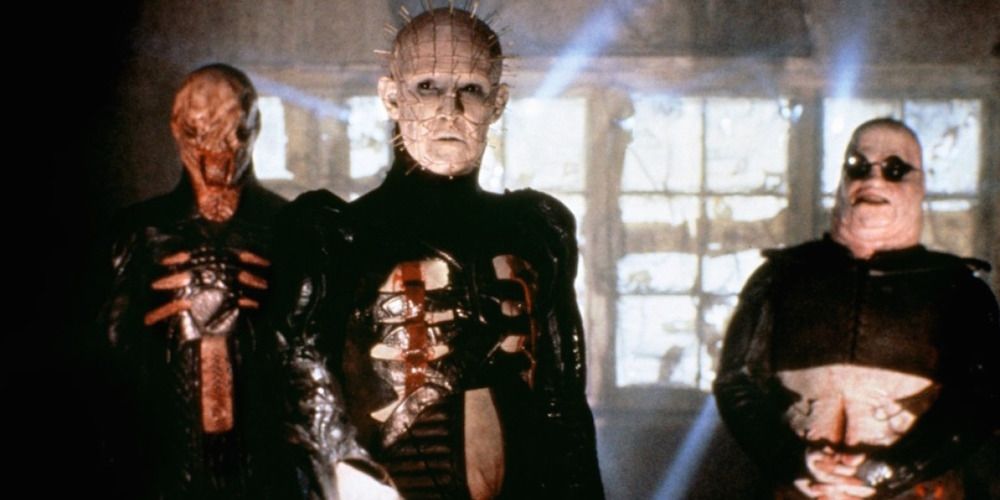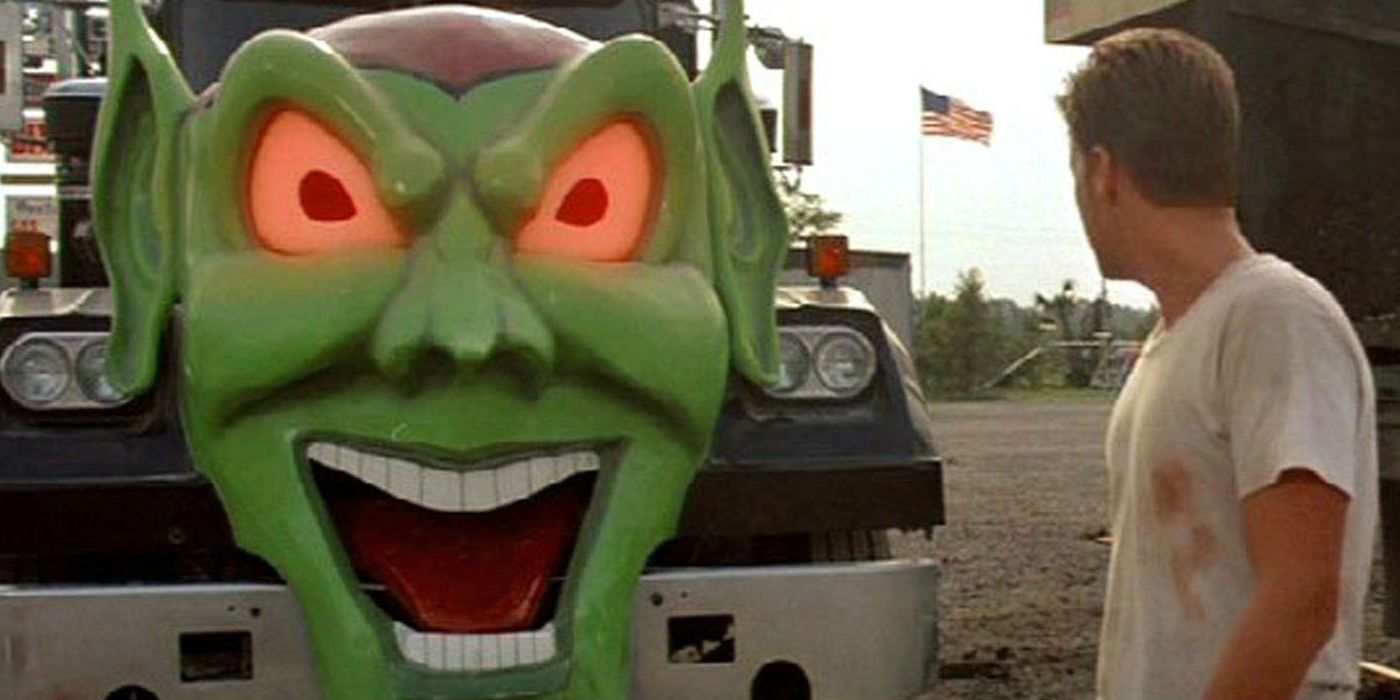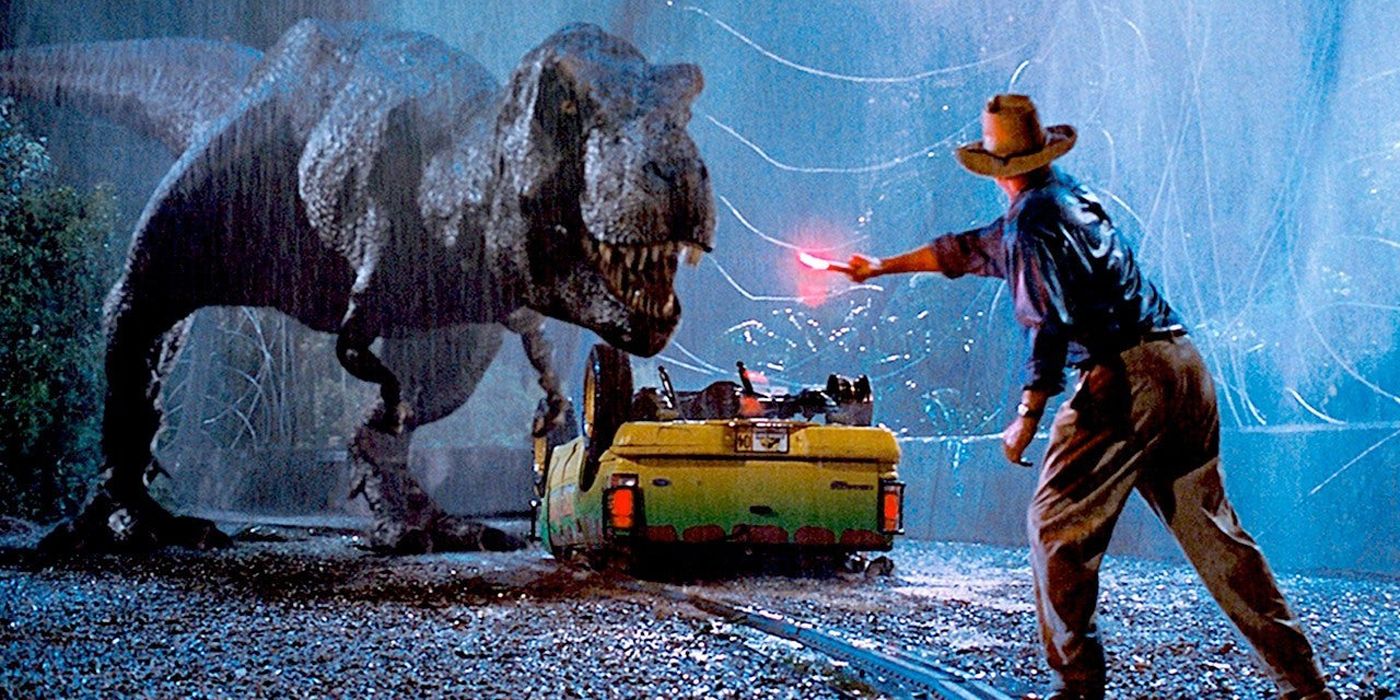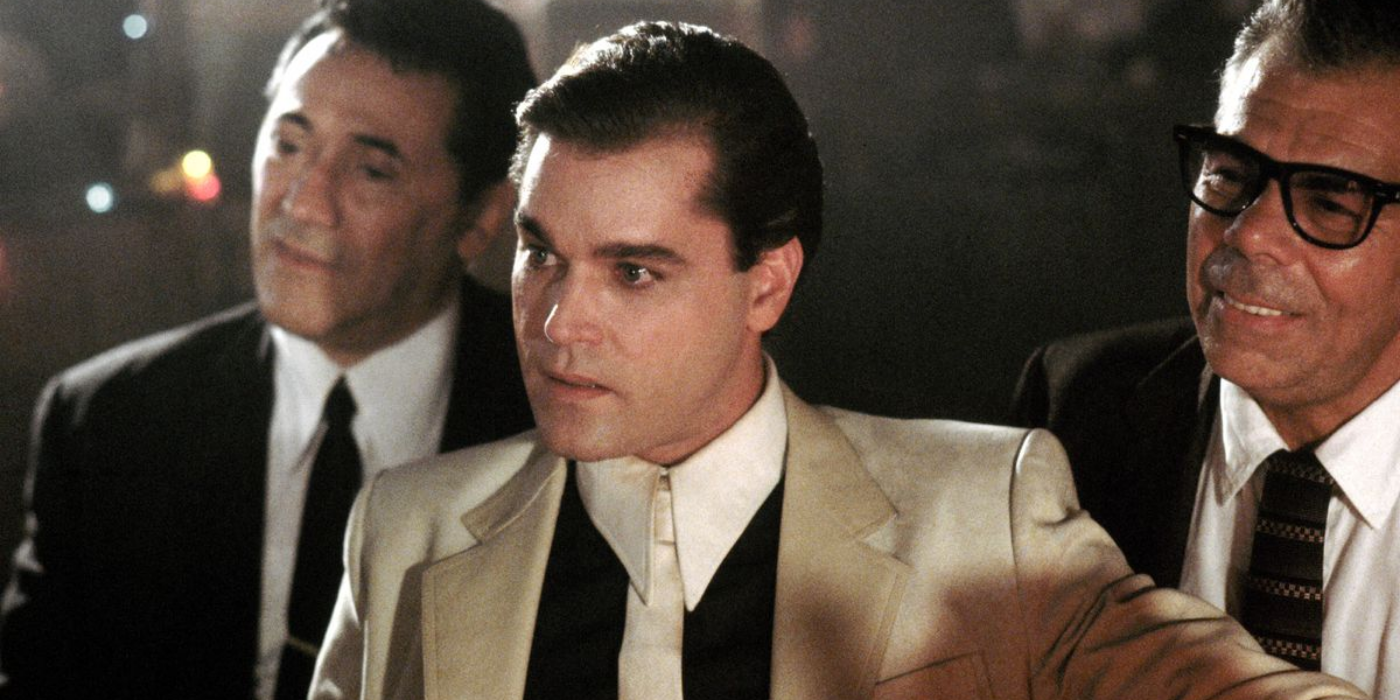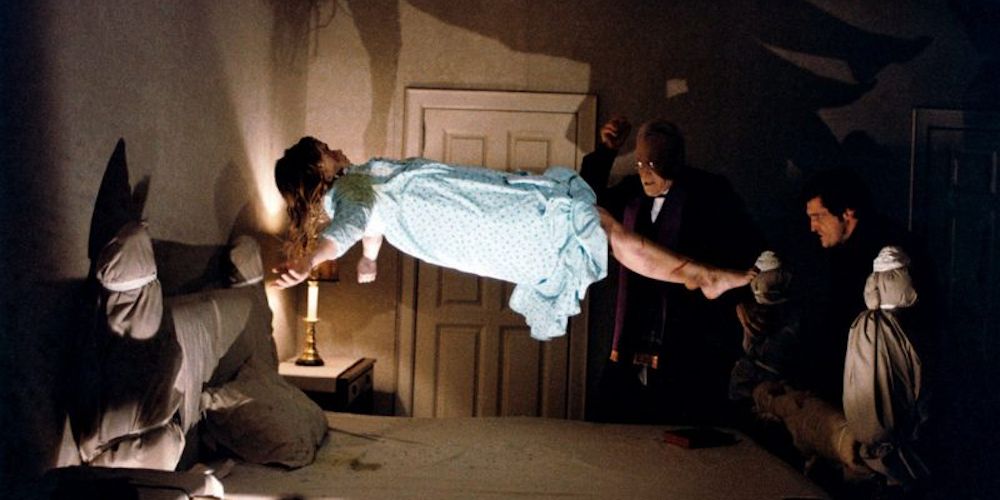Movie adaptations based on books are a common thing in Hollywood. After all, movies have been around for as long as the late 1800s so, naturally, when the Hollywood idea well dries up, Tinseltown goes fishing in books to find fresh ideas. What is not so common is that the authors of these books are chosen to give their own book the movie treatment.
It is much more common to see a more experienced screenwriter touch up a book for the cinematic treatment and just as common to see an author have no involvement in a movie production whatsoever. However, when authors do decide to step foot into the world of screenwriting to adapt their own book, it more often than not produces a great movie.
10 Stephen Chbosky — The Perks Of Being A Screenwriter/Author
In 1999, Stephen Chbosky took a break from screenwriting to publish his first book, The Perks of Being a Wallflower. Borrowing aspects from his own life, Chbosky chronicles a year in the life of freshman Charlie, a shy teenager struggling with mental health issues and grief as he befriends two seniors.
The book had a tumultuous road to the big screen as its controversial topics ensured it would be banned in certain American schools, but eventually, a 2012 movie was adapted starring Logan Lerman, Emma Watson post-Hermoine, and future DCEU Flash, Ezra Miller.
9 Mario Puzo — The Man Who Godfathered The Godfather
Surely, this might be the most well-known instance of an author screenwriting their own project, or at least the most successful. Mario Puzo originally published The Godfather in 1969 and due to the book's immense success, it was quickly greenlit by Hollywood for a 1972 release date, written by Puzo himself no less.
Puzo reapplying his characters and story to the big screen earned him an Oscar for Best Adapted Screenplay, also earning the movie itself another two Oscars including Best Picture. The book went on to spawn its own series of novels, but it would appear the legacy of the trilogy of movies— particularly the first, which is often held in high regard among the greatest movies ever made— has far eclipsed the legacy of the book series.
8 Jesse Andrews — He, Earl, And The Dying Girl He Wrote About
Jesse Andrews dropped his debut novel, Me and Earl and the Dying Girl, back in 2012 and just three years later, similar to the aforementioned Godfather, a movie adaptation hit theaters. What helped speed the movie faster into production was because Andrews got to write the screenplay.
Andrews admittedly didn't know the first thing about screenwriting when he penned the movie version, but as his agent was shopping around the film rights, producer Dan Fogelman suggested Andrews write the script himself. As he told IndieWire, this all happened before the book was even published (Fogelman merely read galleys for the book), but the gamble made by everyone involved helped the movie become an indie darling at Sundance, winning both the Audience Award and Grand Jury Prize.
7 John Patrick Stanley — Won Pulitzer Prize, Almost Won An Oscar For Doubt
Maybe this is cheating by a smidge since Doubt: A Parable was originally a stage play rather than a book, but it is worth mentioning on grounds that unlike other writers on this list, John Patrick Stanley has the rare distinction of winning a Pulitzer Prize for his gripping mystery tale concerning two nuns investigating a priest's infatuation with a young boy at their school.
In fact, Stanley nearly won an Oscar for his work as the movie adaptation starring Meryl Streep, Philip Seymour Hoffman, and Amy Adams was nominated for Best Adapted Screenplay at the Academy Awards.
6 Gillian Flynn — Gone [Girl] With The Flynn
Audiences were quickly obsessed with Gillian Flynn's Gone Girl as soon as it hit the shelves. Once it became a New York Times Bestseller, a movie adaptation was only inevitable. Not a lot of people expected Flynn herself to do the adapting of her own book, though.
Following a Golden Globe and BAFTA nomination for writing Gone Girl's screenplay, Flynn quickly launched a career in Hollywood of her own. She went on to co-write Widows for 12 Years a Slave's Steve McQueen before writing three episodes of HBO's Sharp Objects, which itself was an adaptation of the novel of the same name that Flynn wrote back in 2009.
5 Clive Barker — Raised Hell From His Hellbound Heart
In the 1980s, Clive Barker swiftly built a reputation for himself in the novella industry as a leading writer in the horror genre. One of the most engrossing novels that helped him build such a reputation was The Hellbound Heart, where a woman who had an affair with her husband's late brother promises to restore the latter's body after he's damned to the Cenobite realm for tampering with a mysterious puzzle box.
If that synopsis sounds the slightest bit familiar, that's because this same plot formed the basis for the first entry within the Hellraiser movie franchise. Not only did Barker write the screenplay, but he also directed the cult horror classic as well.
4 Stephen King — Goes Into Maximum Overdrive
More often than not, Stephen King has little to no involvement in the movie production of his novels, despite how often his novels get adapted to the big screen. He doesn't seem to have a particularly big interest in Hollywood, to the point that he hated Stanley Kubrick's adaptation of The Shining.
That hate had fueled and inspired him to adapt another book of his as the screenwriter/director, Maximum Overdrive. As he explained to CBC Midday, he received a lot of letters from fans upon The Shining's release asking why he wasn't involved in the production, since it wasn't a faithful adaptation. "There's a spirit in writers' works, even though it's just print on the page," he explained. "And sometimes the director gets that. And I was curious, if I did it myself, what would happen? Would people say, 'you ruined it yourself,' or would they say, 'yeah, we got what we want?'" Given the poorly received reviews of this movie, people said the former.
3 Michael Crichton — Welcomed Us To Jurassic Park
Michael Crichton has had quite a prolific Hollywood career, though not immediately. He had some successes in the '70s by writing and directing the first Westworld adaptation, as well as The Great Train Robbery (based on his 1975 novel)— starring James Bond himself, Sean Connery— but other than those two notable movies, he didn't find major screenwriting success until the 90s.
Heading into 1993, novels were his true bread and butter. That year, he was three years removed from publishing Jurassic Park. Once that became a bestseller, Universal gave Crichton $500,000 to write the script of his own novel. After David Koepp was hired to rework Crichton's script under the recommendation of Universal president Casey Silver, the movie saw the light of day under director Steven Spielberg.
2 Nicholas Pileggi — A Goodfella Of A Writer
Crime reporter and journalist Nicholas Pileggi first broke into Hollywood after writing the book Wiseguy: Life in a Mafia family back in 1986, based on his findings investigating Henry Hill's 20+ year history in the mob while working under Paul Vario (whose name in the movie was changed to Paul Cicero).
Pileggi adapted his movie with director Martin Scorsese as Goodfellas, which became an instant, Oscar-winning success that earned Pileggi a nod for Best Adapted Screenplay. He quickly followed that up by adapting another book of his, Casino: Love and Honor in Las Vegas. He co-wrote the screenplay with Scorsese, who directed again.
1 William Peter Blatty — Made The Scariest Movie (& Book) Ever
The Exorcist has often been hailed as the scariest movie ever made. This should come as no surprise to those who read the original book of the same name, which terrified audiences back in 1971. The novel was written by William Peter Blatty, who naturally wrote the movie released two years later.
It's also worth noting that after watching The French Connection and feeling as if that movie had the ideal tone for an Exorcist movie, Blatty personally asked William Friedkin to direct the movie.

